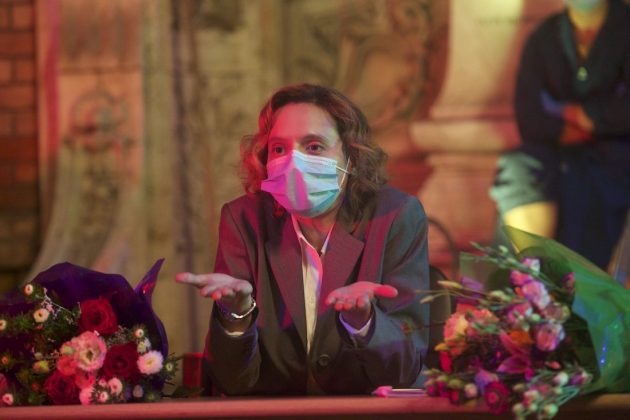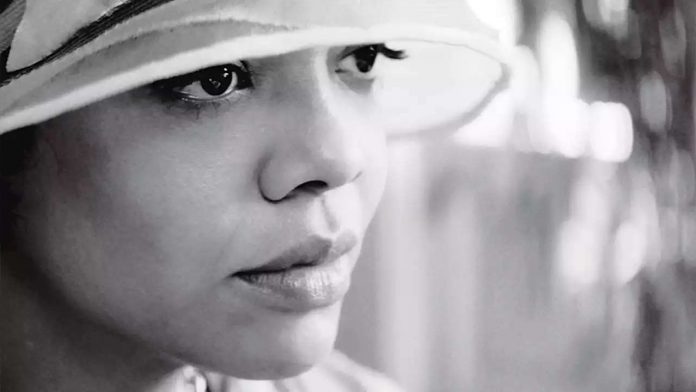My Afterword to the second edition (paperback) of my 2004 collection Essential Cinema: On the Necessity of Film Canons. — J.R.
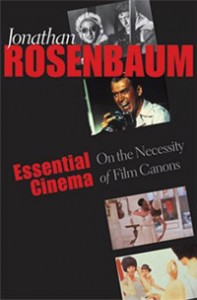
“Unwitting omissions —- films I’ll eventually hate myself for having overlooked — are inevitable,” I wrote in December 2003, introducing my list of 1,000 personal favorites, “largely because I haven’t come up with any sure-fire method of recalling or tabulating everything I’ve seen, or even everything I can remember seeing.” Even when I wrote this, I could scarcely imagine I’d omit a film as important as Chimes at Midnight (1966) from my list —- an oversight that illustrates my point all too well. No less vexing was the absence of Flaming Creatures(1963), a film celebrated elsewhere in the same book, and the silly blunder of renaming Crimson Gold (2003) Crimson Red — though at least I was able to correct these latter gaffes, as well as restore a missing accent to Tangos volés (2002), in the book’s second printing. (In the case of Flaming Creatures, this addition was managed ecologically by omitting The Disorderly Orderly [1964] from my list on the same page.)
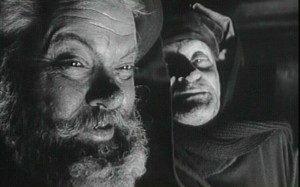
I discovered the omission of Chimes at Midnight later, from a blog, while cruising the Internet. Read more
From the March 1, 2002 Chicago Reader. — J.R.
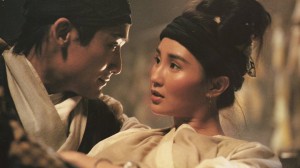
Leaner and meaner than usual, Maggie Cheung plays the dominatrixlike manager of an inn that caters to rowdy thieves during the Ming dynasty. The action editing in this 1992 Hong Kong comedy adventure can be as pleasurably incoherent as the subtitles (Don’t you scare of death? . . . I don’t give it a damn! . . . I can tell you are bad eggs from the first sight). Apart from the hyperbolic bloodletting in the final explosion of violence, in which one character is partially reduced to a skeleton, discontinuity reigns supreme as far as character, plot, and sometimes even gesture are concerned. (The stunt doubles probably deserve to share billing with the stars.) Cheung’s romantic rival for Tony Leung (the tall Tony Leung, not the one who costarred with her in In the Mood for Love) is her frequent cohort Lin Hsing-hsia. Raymond Lee directed this remake of a film by King Hu, and Tsui Hark produced. 90 min. (JR)
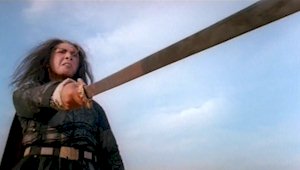
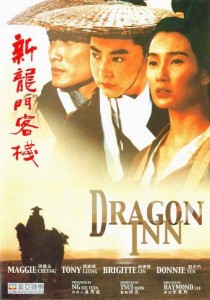 Read more
Read more

